Hybrid or EVs: Which Should You Switch To?
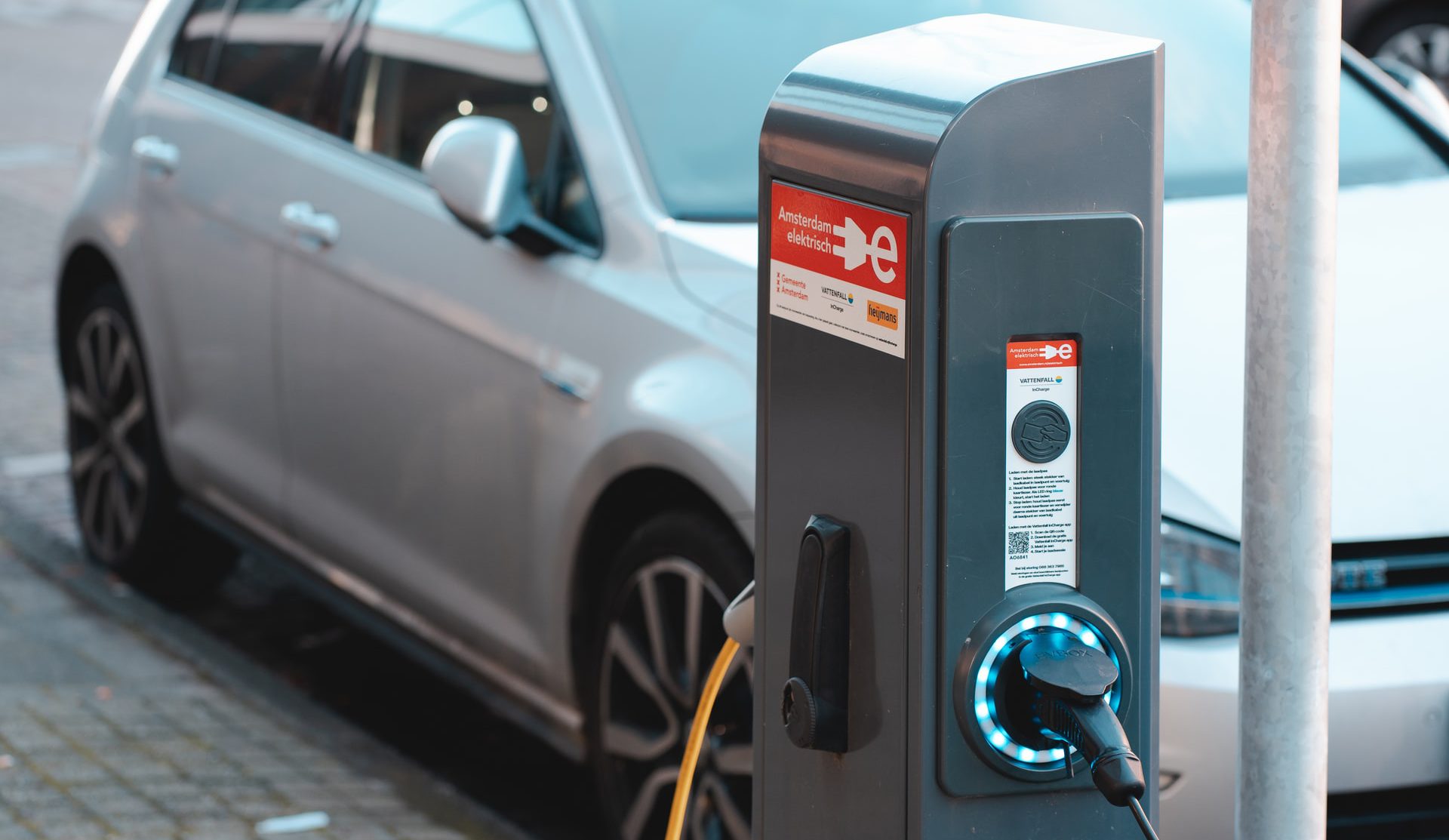
The world has slowly been moving towards cleaner energies, and for car owners, that means a move towards hybrids and EVs. As we make this shift, you may be wondering, which is better? Which one should you get? Well, I’m here to help you answer those questions. Let’s break down what exactly the differences are between hybrids and EVS, and their pros and cons.
Hybrids vs EVs
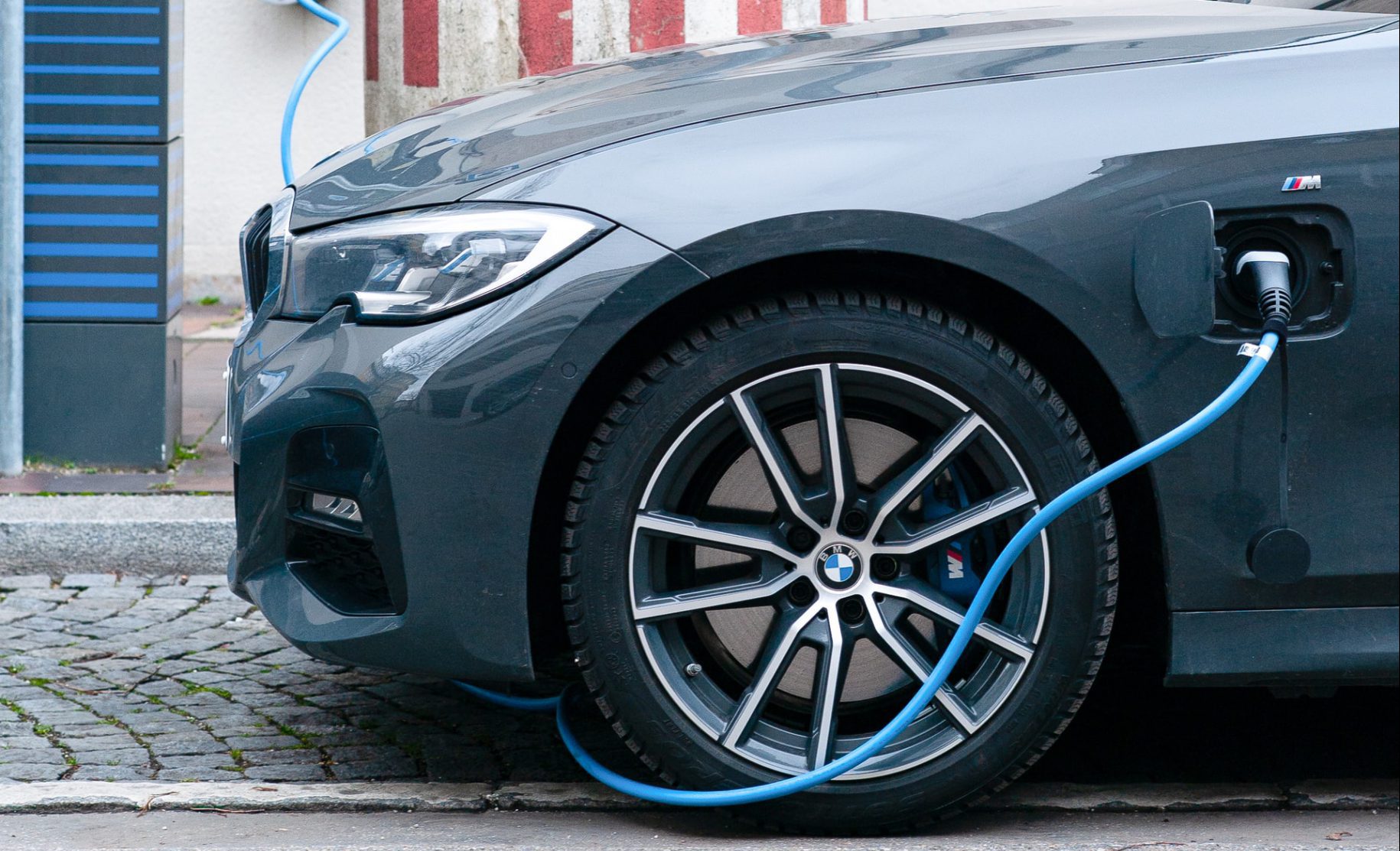
EVs is actually a blanket term for all electric vehicles, and within that we have two types of EVs: all-electric vehicles (AEVs) and plug-in hybrid electric vehicles (PHEVs).While they both offer cleaner engine alternatives, they have a few key differences that are important to understand.
Their differences are outlined in the table below. *if the source of electricity is from renewable resources
Cost of Fuel
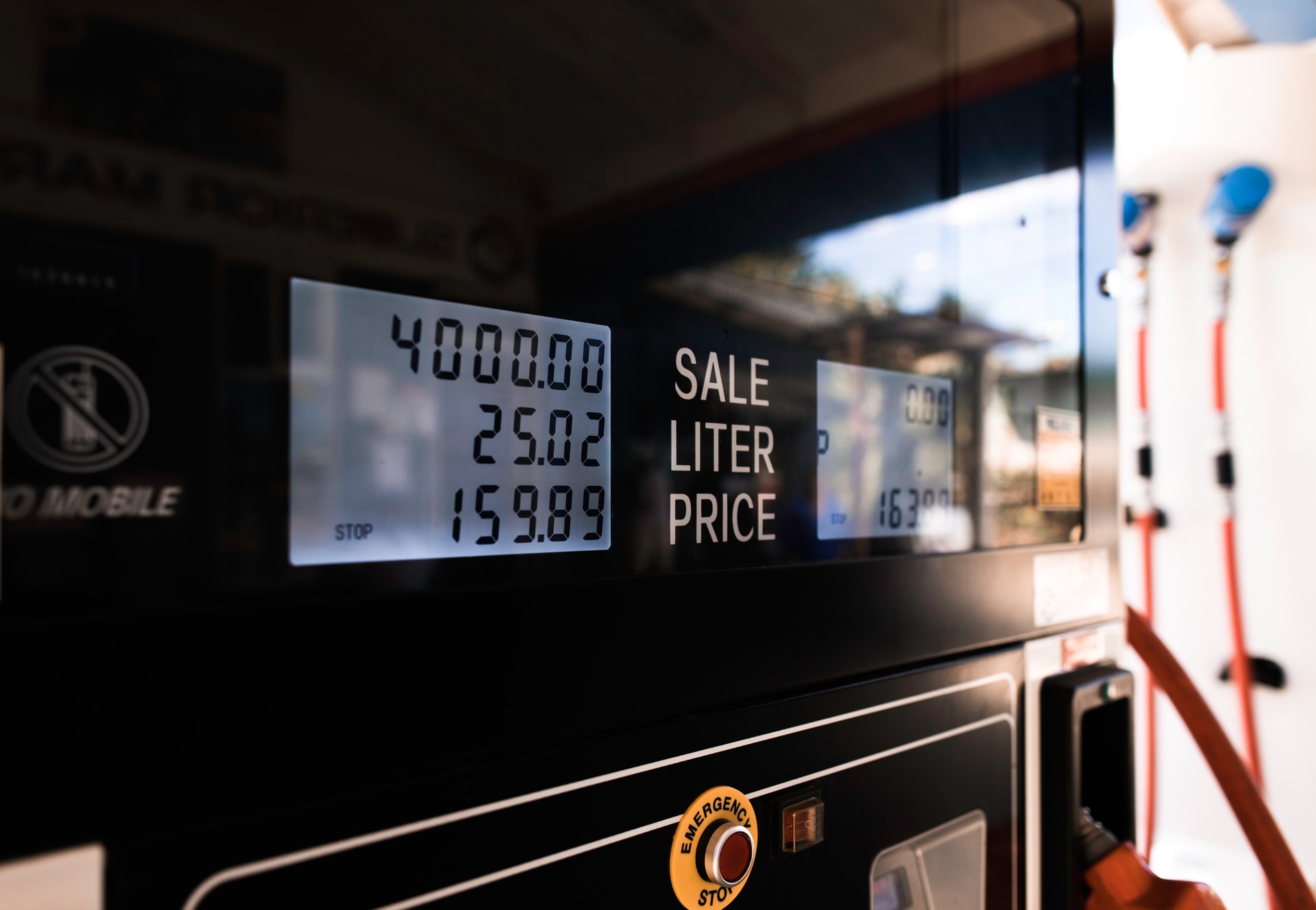
One of the major differences between hybrid and all-electric vehicles is fuel type. Both types have a battery that can be recharged with electricity, but hybrids have more fuel flexibility as they can run on petrol as well.
Many people prefer hybrids as having a gasoline-powered engine removes some of the stress that comes with an electric vehicle’s limited range. Gas stations are much more common than EV charging stations, so running out of gas is less of an issue than running out of charge in an EV.
But in terms of just fuel costs, all-electric vehicles make less of a dent as charging your electric battery will just be added to your home electricity bill. Electricity prices also tend to be lower than gasoline prices on a per-mile basis, so AEVs boast cheaper fuel costs then hybrids.
Maintenance Costs

The maintenance costs for hybrids tend to be higher than AEVs. Hybrids run into the same issues that ICEs also experience, such as problems with the engine oil, transmission fluid, coolant, and belt replacement. However, these problems occur at a lower rate than ICE vehicles that solely rely on their combustion engine.
AEVs avoid a lot of the costs that are typically associated with combustion engines. They do still experience universal car issues like tire changes, insurance plans, and structural damages. So, while they do have some maintenance costs, it’s not on the same level as that of a hybrid.
Rebates and Incentives

Many major cities have made commitments to lower emissions from ICE vehicles, and so they offer rebates and incentives for those who decide to purchase hybrids or EVs.
However, these incentives are always changing. So before you decide to get a hybrid of EV, be sure to check out what rebates and incentives are offered for each vehicle.
Now that you understand the differences between Hybrids and EVs, let’s jump into their pros and cons.
Hybrids
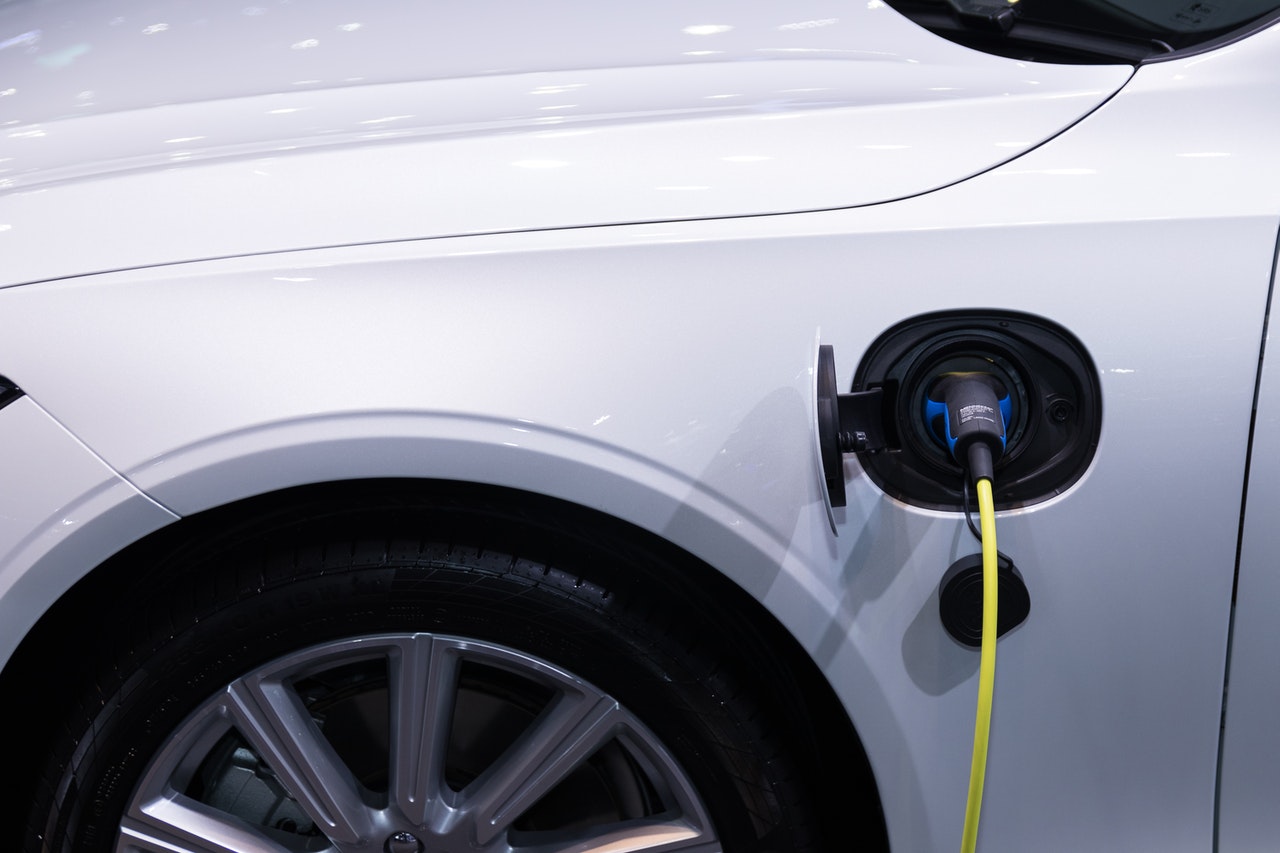
Pros
- Environmentally friendly
- high fuel efficiency
- Have fuel flexibility
While they’re not as environmentally friendly as AEVs, they do still produce less greenhouse gases as ICE cars. But even then, running a hybrid car on petrol will still have it producing less greenhouse gases than ICE cars because they’re more fuel efficient. Because hybrid cars can use both petrol and electricity as fuel, they’re more flexible than AEVs, which makes them an attractive alternative.
Cons
- Higher up front costs
- Maintenance costs can be high
- Still produce fossil fuel emissions
Hybrids, like AEVs, tend to cost more than general ICE vehicles. However, because of fuel savings and incentives to buy hybrids, these costs can be offset.
However, hybrids have maintenance costs that AEVs don’t have. Because they still have a gasoline-powered engine, they also experience the same problems that an ICE vehicle might experience, albeit at a lower rate. And because hybrids still have gasoline-powered engines, they also still produce greenhouse gases, unlike an all-electric vehicle.
EVs
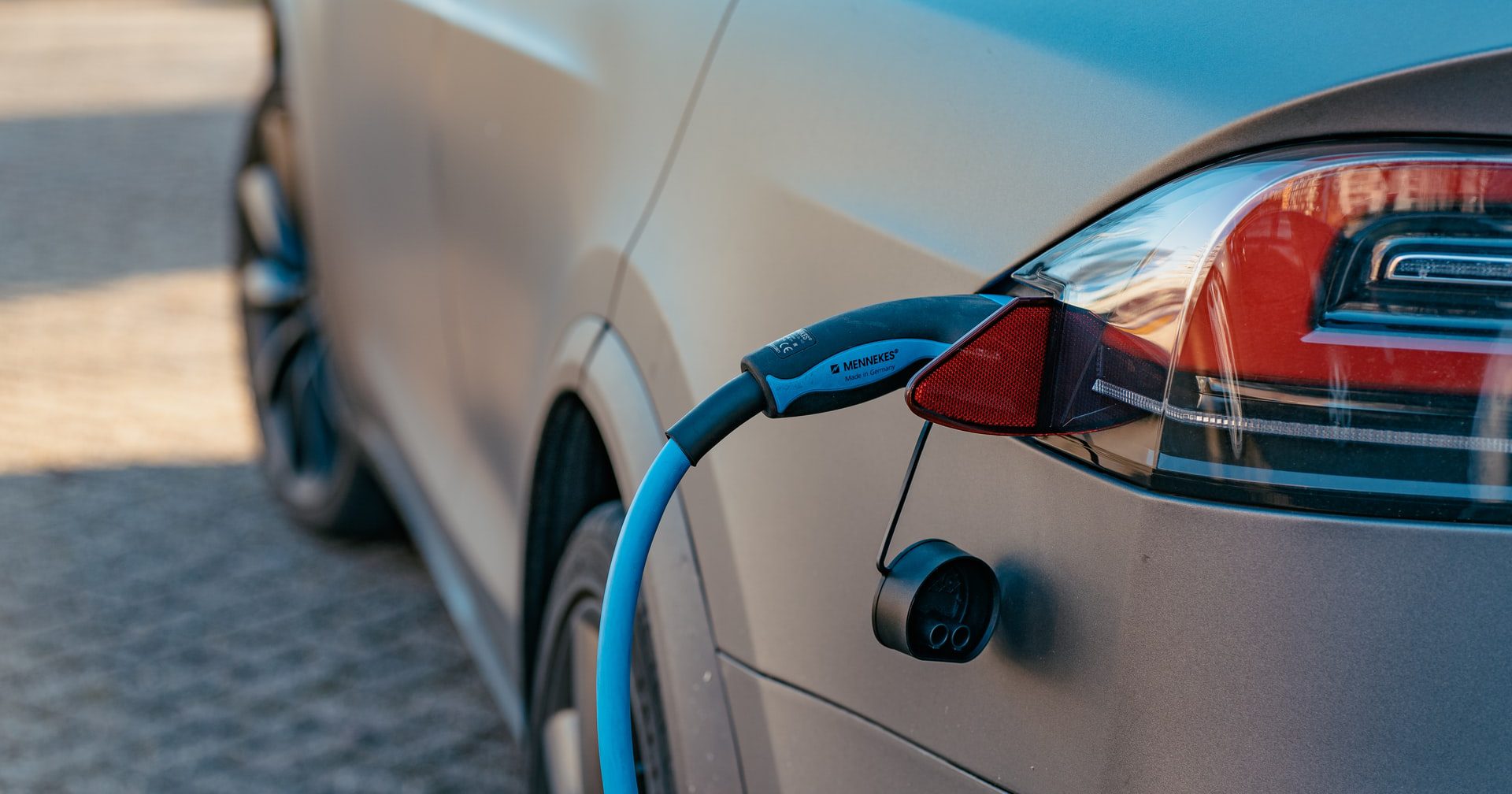
Pros
- High energy efficiency
- Reduced emissions
- Strong performance
- Low maintenance
Electric cars are far more efficient than conventional gas-powered vehicles, as they can convert 59 to 62 percent of energy into vehicle movement, whereas gas-powered vehicles only convert between 17 to 21 percent. Plus, they also reduce emissions as they don’t create any tailpipe emissions, which is a major source of pollution.
They also have high performance and low maintenance. Their motors are quiet and smooth, and require less maintenance than internal combustion engines. Furthermore, AEV motors react quickly, meaning they’re responsive with good torque. This makes the driving experience with AEV a lot more fun.
Cons
- Travel less distance
- Take longer to “refuel”
- More expensive, battery packs may need to be replaced
AEVs have a shorter range than gas-powered cars. This means that you have to recharge them more often than you’d need to fill up the tank of a gas-powered car. This can be troublesome especially when it can take a long time to refuel. Charging the battery pack with a Level 1 or Level 2 charger can take up to 8 hours. So, if you’re an electric car driver, you’ll have to plan your trips more carefully.
Another con is that electric cars are more expensive, and battery packs will likely need to be replaced more than once over the lifetime of the car. The upfront costs of AEVs can also be high, deterring people from buying them. Luckily, there are fuel cost savings and incentives that may be able to offset these costs. So be sure to look into them if you plan on buying an AEV.
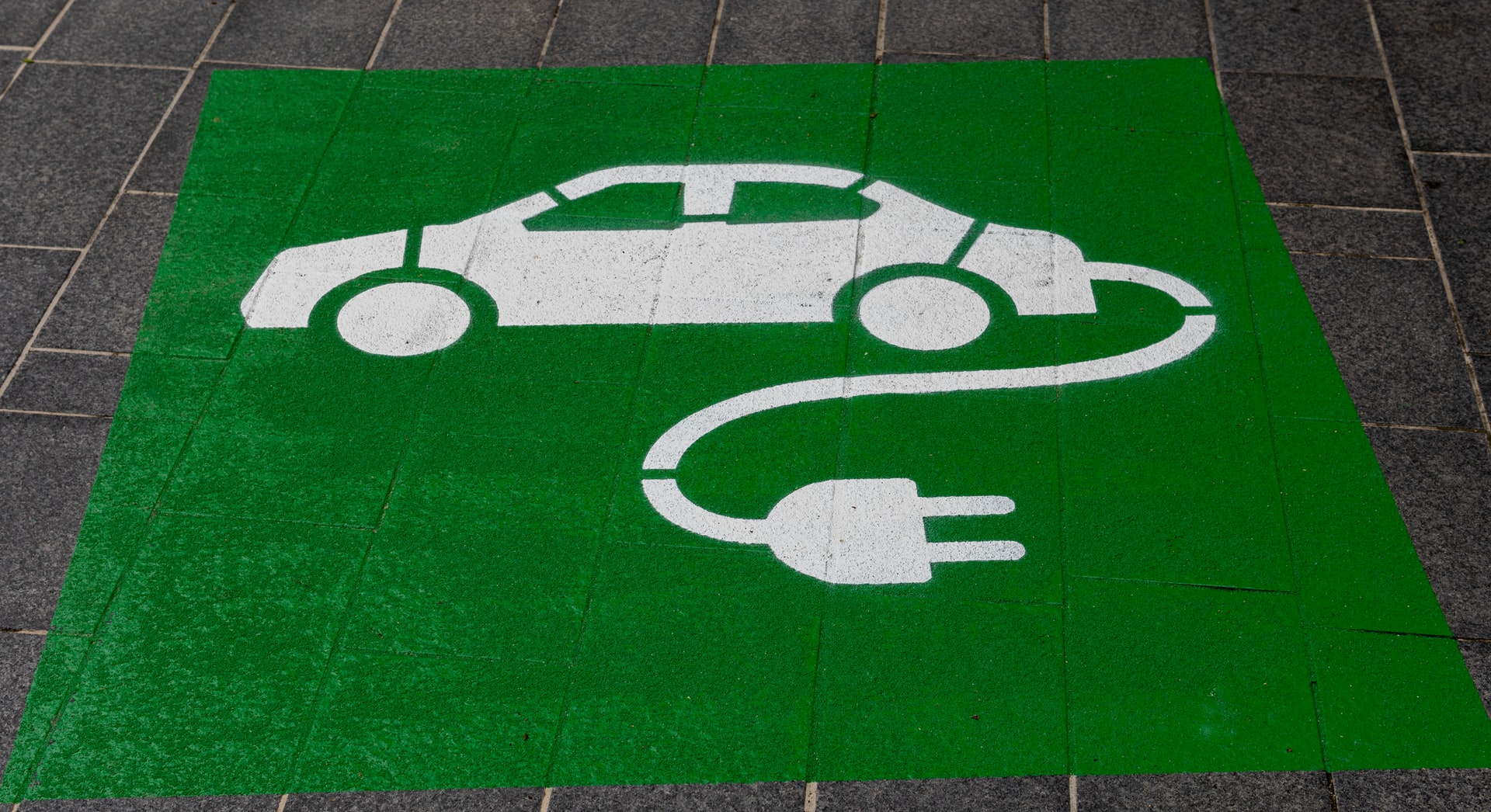
Overall, both cars come with their pros and cons. It all depends on your own needs.
So, in order to choose which one best suits you, have a good idea of what you’re looking for in a car and why you’re getting a car. This way, you can look at the list of pros and cons for EVs and hybrids, and properly decide which best suits you.
As you research more into what car you want to get, be sure to check out CARRO’s diverse list of cars here! Our cars come with a rigorous 150-point inspection check, as well as a 6-month engine and gearbox warranty, assuring you of their quality. Plus, with CARRO’s newly launched Covered, you can get usage-based insurance that also covers EVs.
Buy worry-free with CARRO today!





